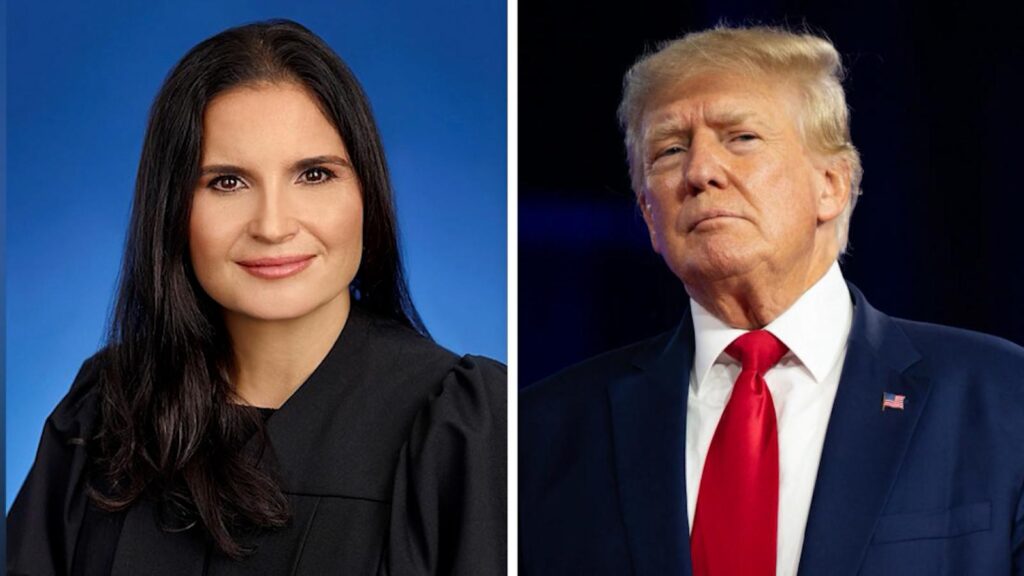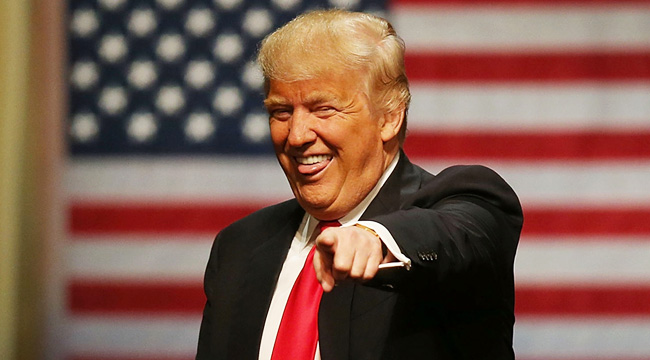Paramount Global, the parent company of CBS, has rejected a series of advertisements from the conservative group CatholicVote. These ads aimed to raise awareness about the controversial issue of taxpayer-funded transgender surgeries for minors.
CatholicVote claims that the refusal by Paramount to run the ads is another example of mainstream media protecting Democratic policies, especially those related to transgender rights and medical procedures for minors.
The ad campaign, which was designed to inform viewers about the taxpayer-funded nature of these surgeries, was intended to air on CBS. It focused on what CatholicVote calls the “harsh realities” of gender transition surgeries, including procedures like breast removal, hysterectomies, and genital surgeries for minors, many of which are paid for by U.S. taxpayers through Medicaid.
CatholicVote argued that parents and taxpayers have a right to know where their money is being spent, particularly on procedures that permanently alter the bodies of children.
However, Paramount Global rejected the advertisements. According to emails obtained by the Daily Caller News Foundation (DCNF), a Paramount ad sales executive informed CatholicVote of the decision.
“Paramount S&P has declined the spot submitted yesterday,” read the email, which was first reported by the DCNF. Paramount’s Standards and Practices (S&P) division is responsible for ensuring that all advertisements adhere to the company’s internal guidelines, and in this case, they chose to reject CatholicVote’s ad.
Brian Burch, president of CatholicVote, expressed his frustration over the decision, accusing Paramount and CBS of shielding the public from uncomfortable truths.
“Taxpayers, especially parents, deserve to know that they are paying for devastating and permanent surgeries that destroy the healthy body parts of children,” Burch told the DCNF. He further criticized the network, stating that CBS and Paramount have been strong advocates for transgender issues in their programming but are now avoiding the realities of what those policies mean for families.
The ad in question features stark and unsettling language, describing surgeries like breast removal for underage girls, hysterectomies, and sex change operations for boys.
The script details that, according to Medicaid data, 97 underage girls have had their breasts completely removed, 14 have undergone hysterectomies, and children as young as pre-teens have undergone sex-change surgeries such as penis amputations.
The ad calls out Vice President Kamala Harris for supporting these taxpayer-funded medical procedures, framing a vote for Harris as a vote for “medical experiments on kids.”
“Sound weird, disgusting?” the ad asks. “It is, and you’re paying for it,” the narrator continues, underscoring the controversial message that CatholicVote wanted to deliver to a broader audience. The ad’s closing statement directly ties Harris to these policies, urging voters to consider this issue when evaluating her leadership and support of transgender healthcare rights.
Burch believes CBS’s rejection of the ad is politically motivated. He accused the network of either “covering for Kamala Harris” or being too afraid to air content that contradicts their pro-transgender stance.
“CBS and Paramount have been particularly aggressive in pushing transgenderism in mass media, so why would they be afraid to discuss what that means in reality for everyday families whose kids are receiving their pro-transgender messaging?” Burch asked, arguing that the network’s refusal to air the ad demonstrates a selective approach to the transgender issue.
This incident adds to an ongoing debate over the role of media in shaping public opinion on sensitive political and cultural issues. In recent years, networks like CBS have faced criticism from conservative groups for what they describe as biased reporting on topics like gender identity and LGBTQ+ rights.
CatholicVote’s campaign is part of a broader effort by right-wing organizations to challenge these narratives, especially when it comes to transgender medical procedures for minors.
Paramount’s decision to reject the ad highlights the challenges that advocacy groups face when trying to air controversial messages on mainstream platforms.
While CatholicVote sees the rejection as media bias, networks like CBS argue that they have editorial standards that must be followed. Paramount Global has not issued a detailed public statement about the ad’s rejection, but sources within the company have hinted that the language used in the advertisement may have been deemed too graphic or inflammatory for their platform.
For CatholicVote, this rejection has only intensified their campaign. Burch has vowed to continue pushing the issue, stating that taxpayers have a right to know how their money is being used in what he calls “radical medical experiments” on minors. He insists that the ad was intended to spark a conversation about medical ethics and parental rights, emphasizing that the group will seek other avenues to spread its message.
The ad controversy also raises broader questions about the limits of free speech in advertising. Media companies often have to balance the interests of advertisers with maintaining public standards.
Rejected ads like the one from CatholicVote demonstrate the friction between advocacy groups and media companies over who controls the messaging around politically charged issues.
As the debate over transgender rights and medical procedures for minors continues to unfold, it is likely that both sides of the political spectrum will continue to clash over how these topics are represented in the media.
The rejection of this ad is just the latest battle in the larger culture war surrounding gender identity, healthcare, and taxpayer funding.


